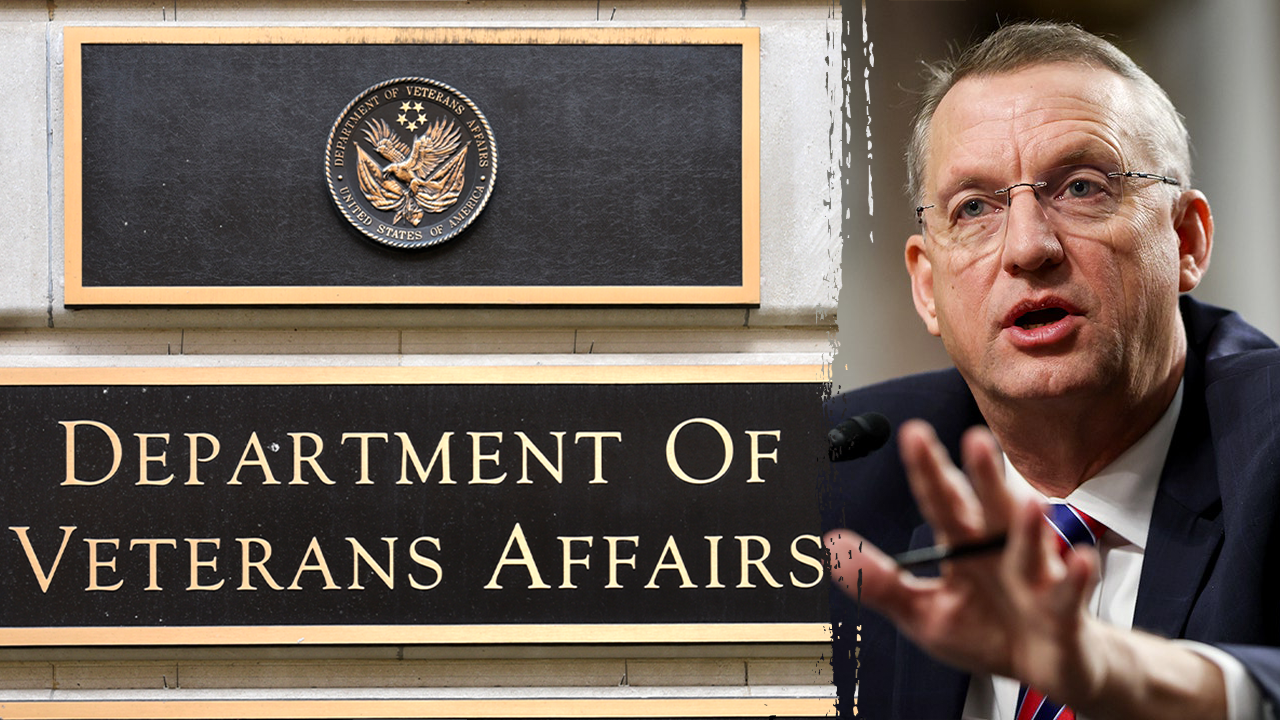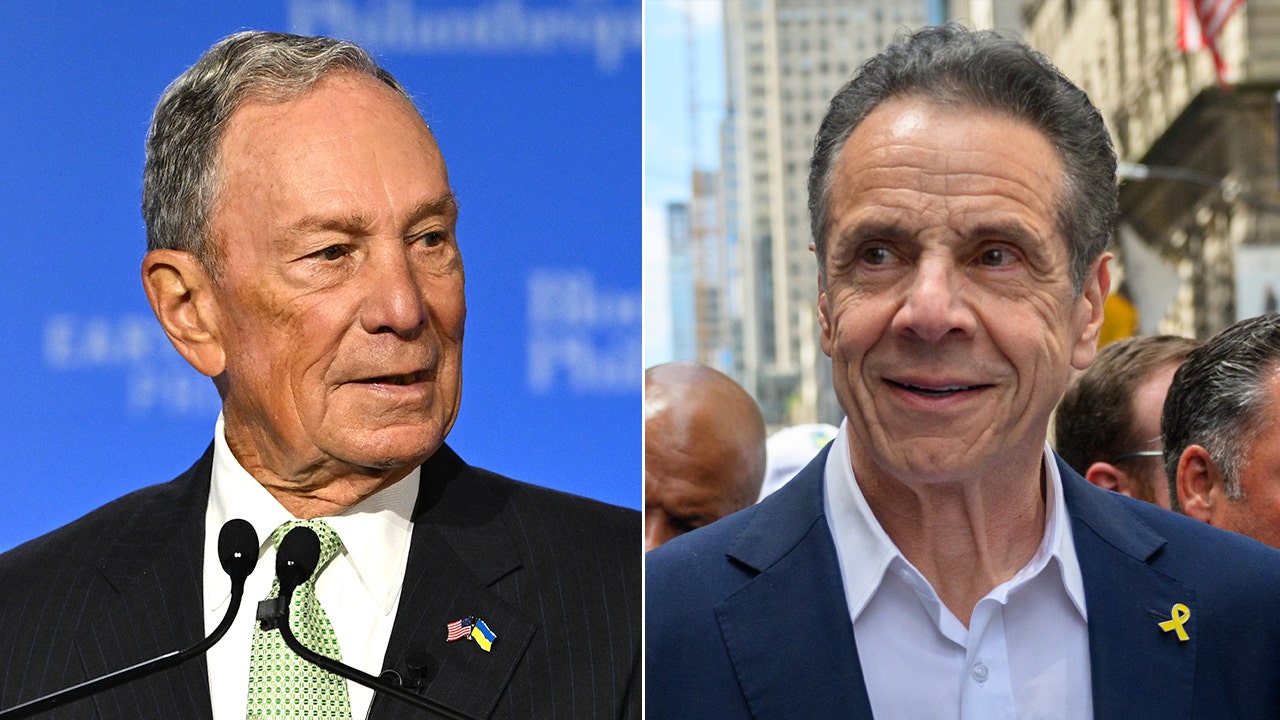Scandal comes after Harvard vowed to support conservative students in the wake of Kirk assassination
Harvard University won’t say whether it will sanction a dean who defended “rioting and looting” as legitimate “parts of democracy,” described “whiteness” as a “self-destructive ideology,” and said it was acceptable to wish death on President Donald Trump.
The dean, Gregory Davis, is the resident dean of Harvard’s Dunster House, where he serves as “the main liaison for students needing extra help achieving their academic and wellness goals.” Over the past two weeks, conservative students at Harvard have unearthed a series of social media posts they say disqualify Davis for his position.
“I don’t – at all – blame people wishing Trump ill,” Davis tweeted in October 2020. “[F]uck that guy and [i]f he dies, he dies.”
A few months earlier, as riots consumed Minneapolis following the death of George Floyd, Davis tweeted: “rioting and looting are parts of democracy just like voting and marching.” And in June 2024—a month before his appointment as resident dean—Davis posted on Instagram that people should “love each other and hate the police.”
Other posts describe “whiteness” as a “self-destructive ideology that annihilates everyone around it,” liken Trump to Adolf Hitler, and appear to celebrate the death of conservative radio host Rush Limbaugh.
Harvard has not commented publicly on the posts since Yardreport, a right-wing aggregator for news about Harvard, surfaced several of them in an Oct. 8 report and called for Davis to be fired. The conservative Harvard Salient revealed additional posts earlier this week.
A Harvard spokesman, Jonathan Palumbo, said the school could not comment on personnel matters but referred the Washington Free Beacon to a message Davis sent to Dunster House regarding the posts.
“These posts do not reflect my current thinking or beliefs,” Davis wrote. “I regret if my statements have any negative impact on the Dunster community.”
Davis did not explain what had caused his thinking to evolve since June 2024, when he exhorted people to “hate the police.” And Palumbo declined to comment on whether it was appropriate for a student-facing administrator to legitimize calls for political violence, or whether Davis’s remark about “whiteness” was consistent with Harvard’s obligations under Title VI of the Civil Rights Act of 1964.
The scandal comes a month after Harvard College dean David Deming vowed to support conservative students in the wake of the assassination of Charlie Kirk. In theory, Davis is a crucial part of the school’s support structure. He is responsible for the “academic and personal welfare” of students in Dunster House—one of 12 residential communities for Harvard undergraduates—and represents them in disciplinary matters with the university, according to his online biography.
“[A]s a Black, queer, neurodivergent (ADHD), first-generation, public school graduate from Detroit, please know that my office is as open and inclusive as the rest of me,” his biography reads. “I hope you feel comfortable showing off your whole self with me – even to just say hello.”
Yardreport pointed to that description to argue Davis should be removed from his post.
“Davis is not as ‘open and inclusive’ as he makes himself out to be,” the online publication said. “His social-media musings reveal that Davis harbors hostility toward White people, police, Republicans, and President Trump … The university must fire him immediately.”
News of Davis’s posts comes as Harvard is slashing its number of Ph.D. slots in response to the Trump administration’s funding cuts, which resulted in a $113 million operating loss for fiscal year 2025. Though a federal judge ordered the Trump administration to restore the funds in September, the White House has vowed to appeal the decision, and cost-cutting measures remain in place at several Harvard affiliates.
The administration froze billions in federal funds in April after Harvard rejected a sweeping set of demands from the White House anti-Semitism task force, including the “discontinuation of DEI.” Davis has been an outspoken supporter of such initiatives, arguing as a Ph.D. student that “admissions is not about assessing individual merit.”
“College admissions has never been meritocratic, ever,” Davis said in a 2018 debate with conservative writer Heather Mac Donald. “I don’t believe that a meritocratic system is best.”
Read the full article here






